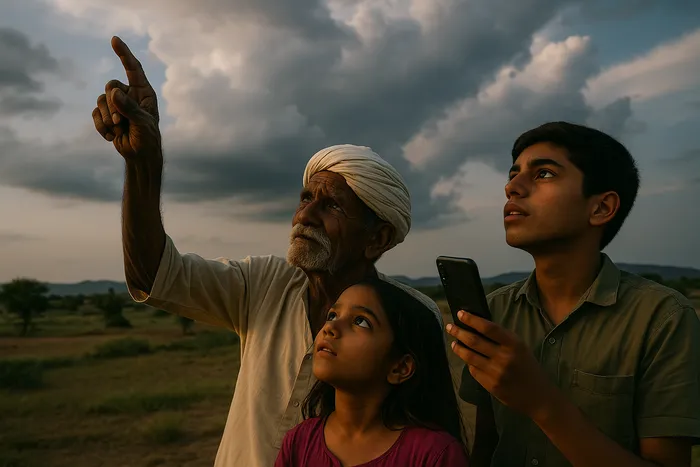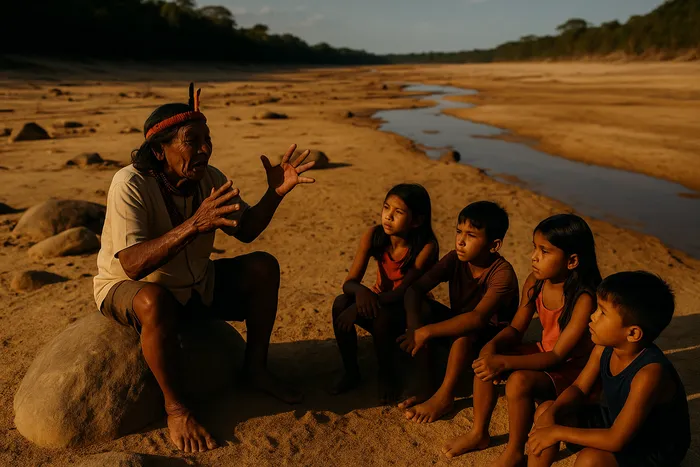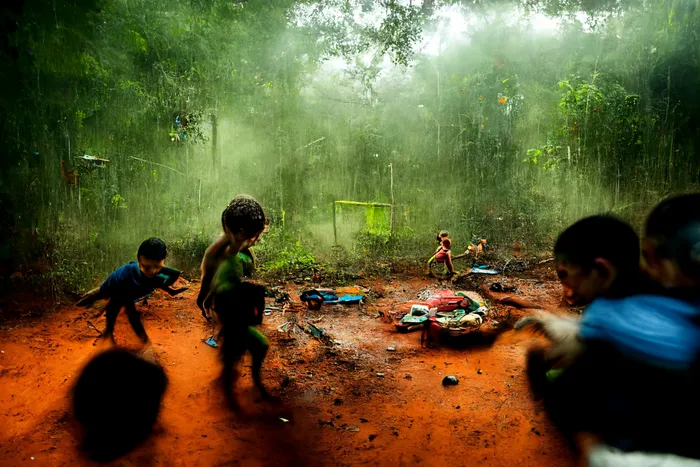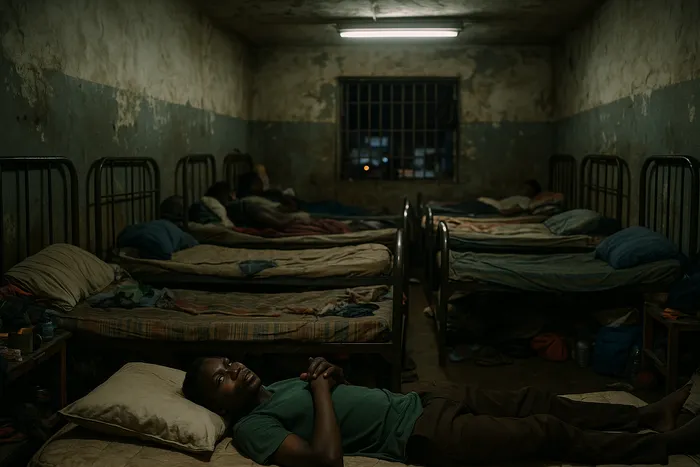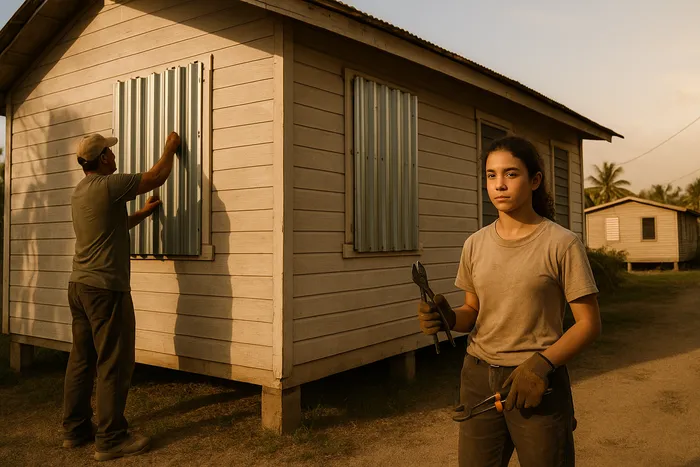Last Harvest
The sun rises over María Elena's coffee plantation for what she knows will be among the final times. At 68, she tends to trees her great-grandmother planted, their branches heavy not with the promise of another season but with the weight of ending. The soil that sustained four generations now cracks under relentless drought, and the rains that once marked the seasons arrive too late, too little, or not at all.
Across Latin America, smallholder farmers are confronting an impossible choice: abandon lands their families have cultivated for centuries or watch them slowly die. Climate change isn't coming for these communities—it has already arrived, reshaping weather patterns, depleting soils, and forcing an agricultural exodus that threatens global food security. These farmers, who feed much of the world, now struggle to feed themselves.
"Last Harvest" documents this pivotal moment in human history—the potential end of traditional agriculture as we know it. Working with a large-format view camera, Ana Silva spent four years following seasonal cycles across Brazil, Peru, and Bolivia, creating formal portraits that honor farmers as knowledge holders while documenting their profound losses. Each photograph becomes both family heirloom and historical archive, preserving not just individual stories but humanity's oldest relationship with the land.
The project emerges from Silva's own experience of agricultural loss. When drought destroyed her family's coffee plantation in Minas Gerais, she recognized her story as part of a larger pattern affecting smallholder farmers worldwide. Rather than treating subjects as victims of circumstance, Silva collaborated with farming families to document their final harvests with dignity and respect. Many sessions became ceremonial, with farmers choosing how to present their last yields as offerings to an uncertain future.
These are the faces of food insecurity at its source. While global attention often focuses on urban hunger, the collapse of smallholder agriculture threatens the foundation of food systems worldwide. Small farms produce 70% of the world's food, yet receive minimal support for climate adaptation. As traditional varieties become unviable and farming knowledge disappears with forced migration, humanity loses both cultural heritage and agricultural resilience.
The images refuse to romanticize rural poverty or agricultural collapse. Instead, they preserve stories of adaptation, resilience, and loss with archival precision. The large-format film captures every detail—weathered hands holding stunted crops, the geography of drought etched into landscape backgrounds, the complex emotions of farmers facing an uncertain future. These portraits will gain significance as traditional agriculture continues disappearing, serving as visual evidence of a civilization in transition.
"Last Harvest" reveals climate change not as abstract future threat but as present reality transforming the lives of those who feed the world. In documenting final seasons, the project captures both endings and the possibility of new beginnings, honoring agricultural knowledge while confronting the magnitude of global change.
Image Captions
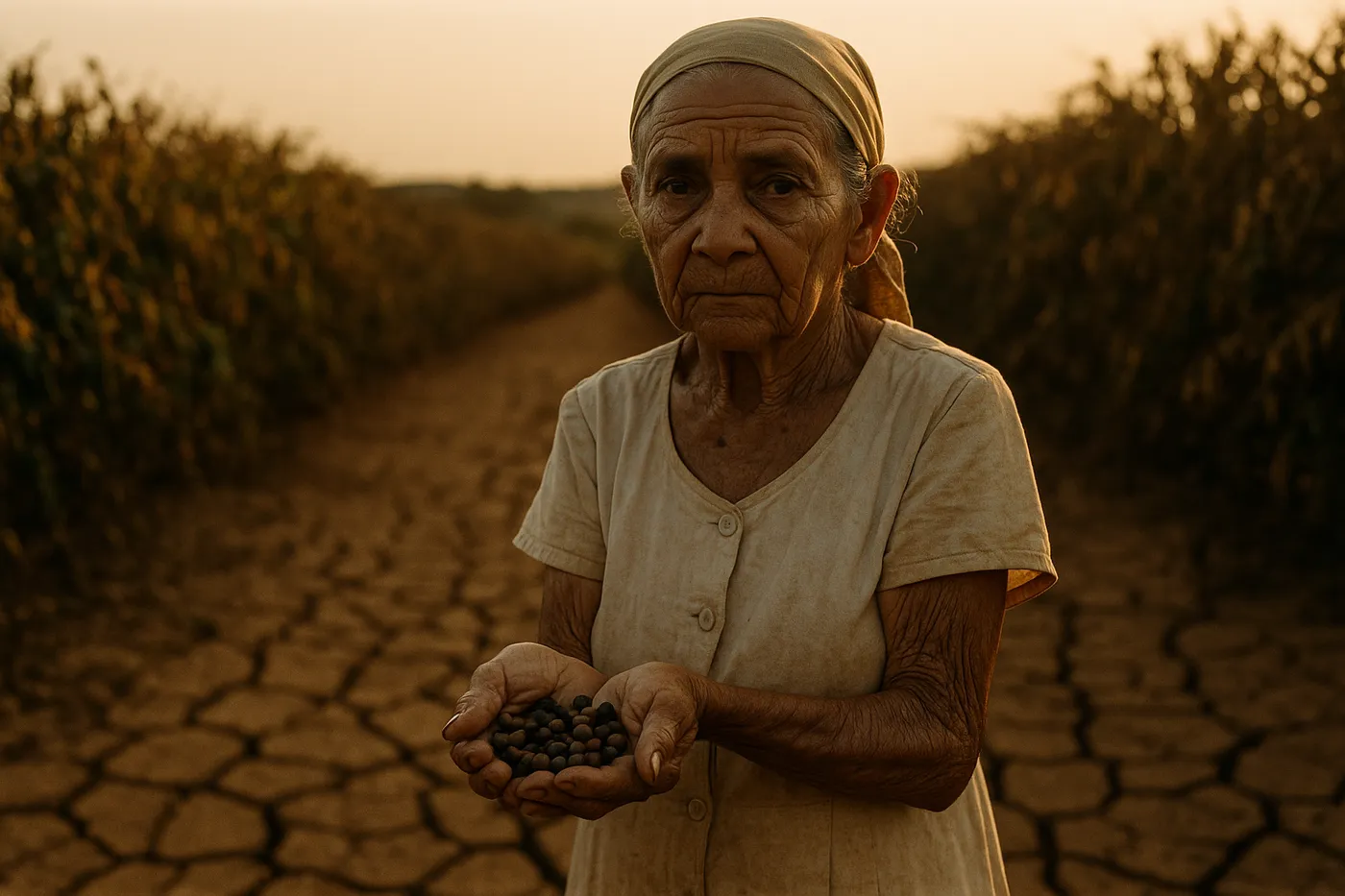
Photo 1: The Coffee Matriarch
María Elena Ramirez, 68, holds the last coffee beans from her family's plantation in Minas Gerais, Brazil, October 2023. The plantation, established by her great-grandmother in 1889, produced coffee for four generations before succumbing to prolonged drought. Behind her, the cracked earth tells the story of a changing climate that has made traditional coffee cultivation impossible at this elevation. The beans she holds represent not just a failed harvest but the end of 134 years of family agricultural knowledge.
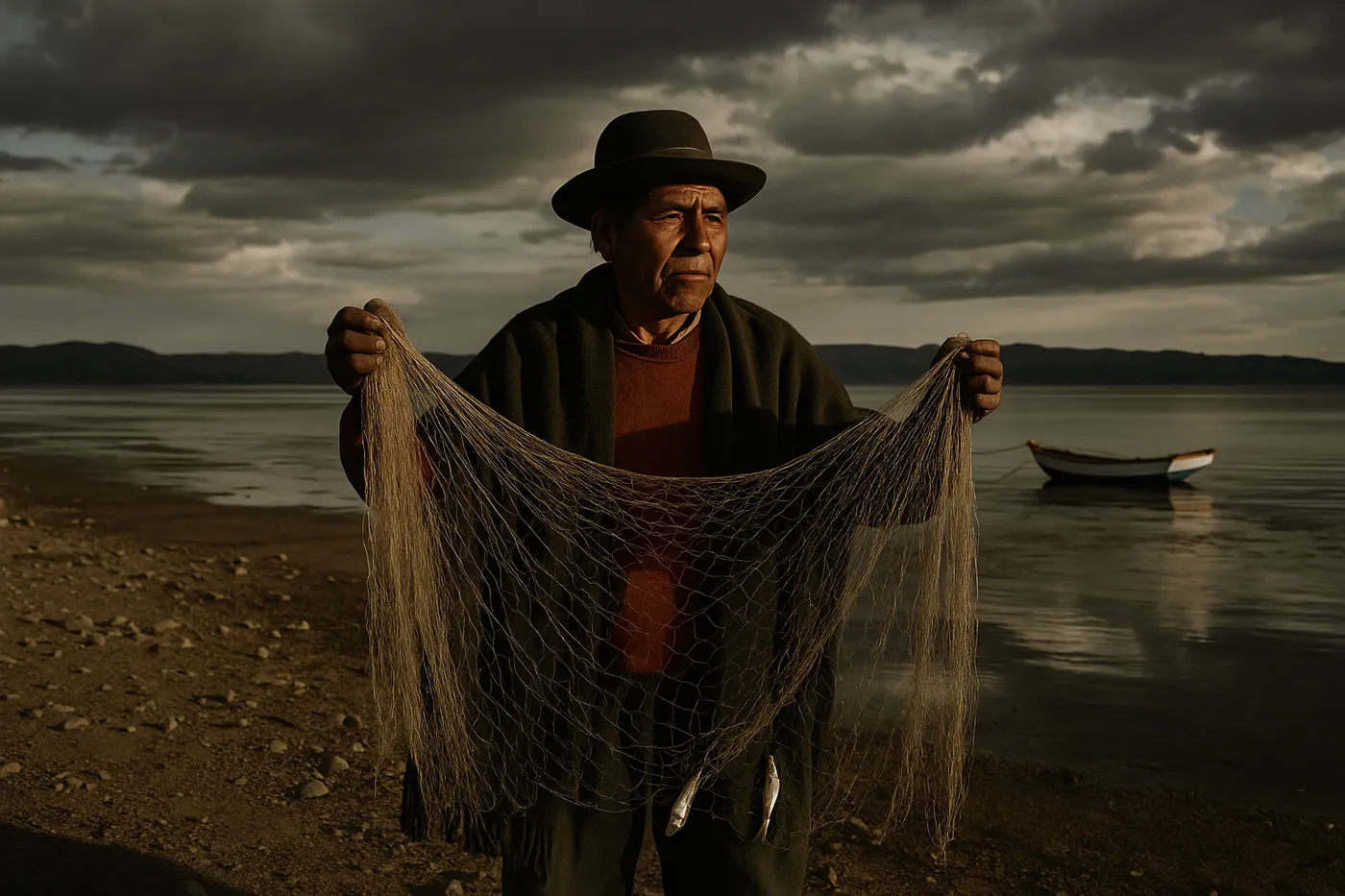
Photo 2: Empty Nets
Fisherman Carlos Mendoza displays his nets on the shores of Lake Titicaca, Bolivia, March 2024. Once capable of feeding entire communities, the nets now catch only a handful of small fish as the lake shrinks and warming waters alter fish populations. Mendoza, whose family has fished these waters for six generations, plans to migrate to La Paz to seek construction work. The depleted lake reflects a sky that refuses to bring sufficient rain.
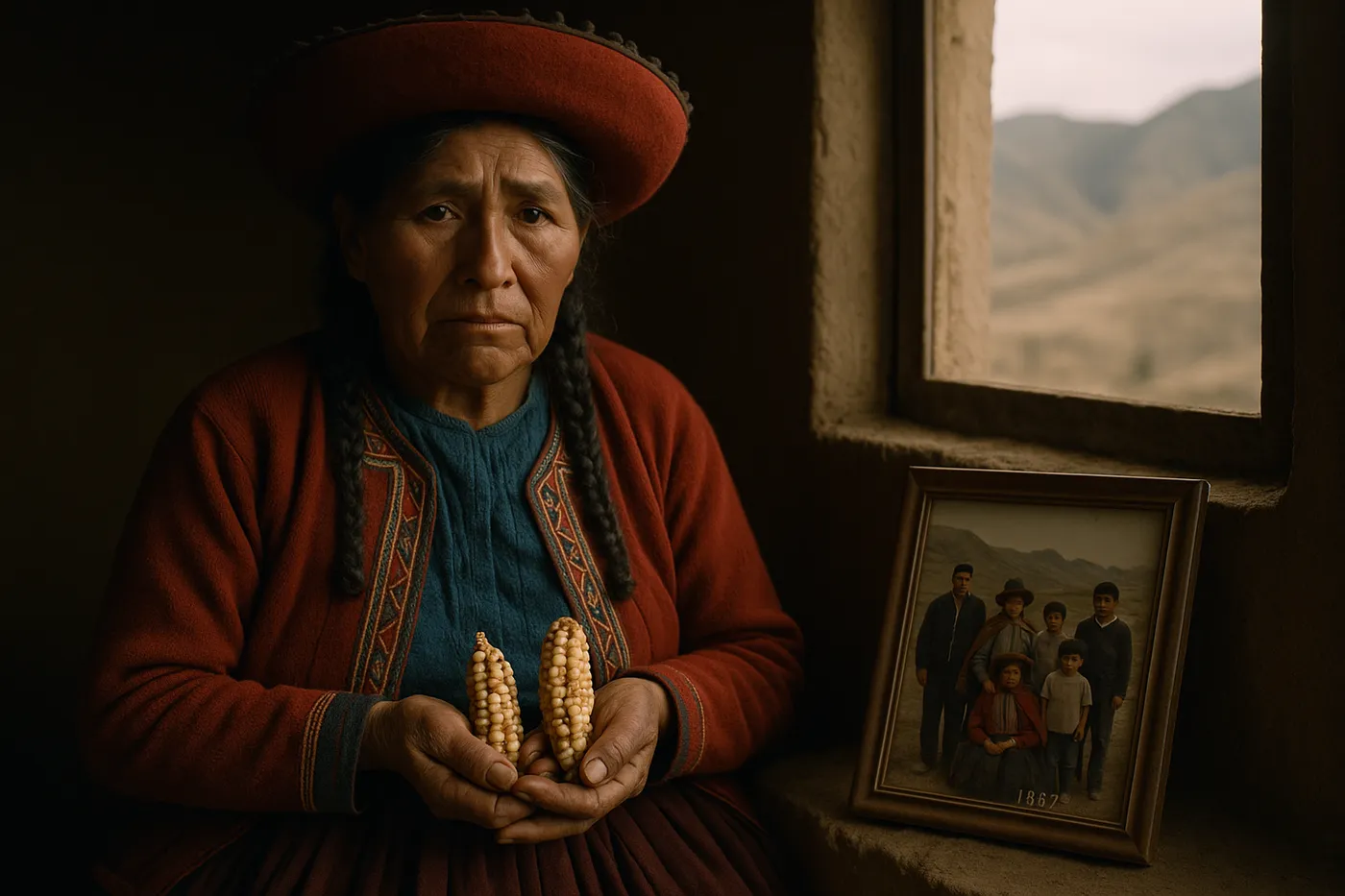
Photo 3: Corn Memory
Rosa Quispe cradles drought-stunted corn ears beside a 1987 photograph showing her father with a harvest that fed three villages in highland Peru, August 2023. The ancestral corn varieties, adapted over millennia to local conditions, can no longer survive the altered rainfall patterns and temperature extremes. Quispe saves seeds hoping future generations might find ways to restore what climate change has taken.
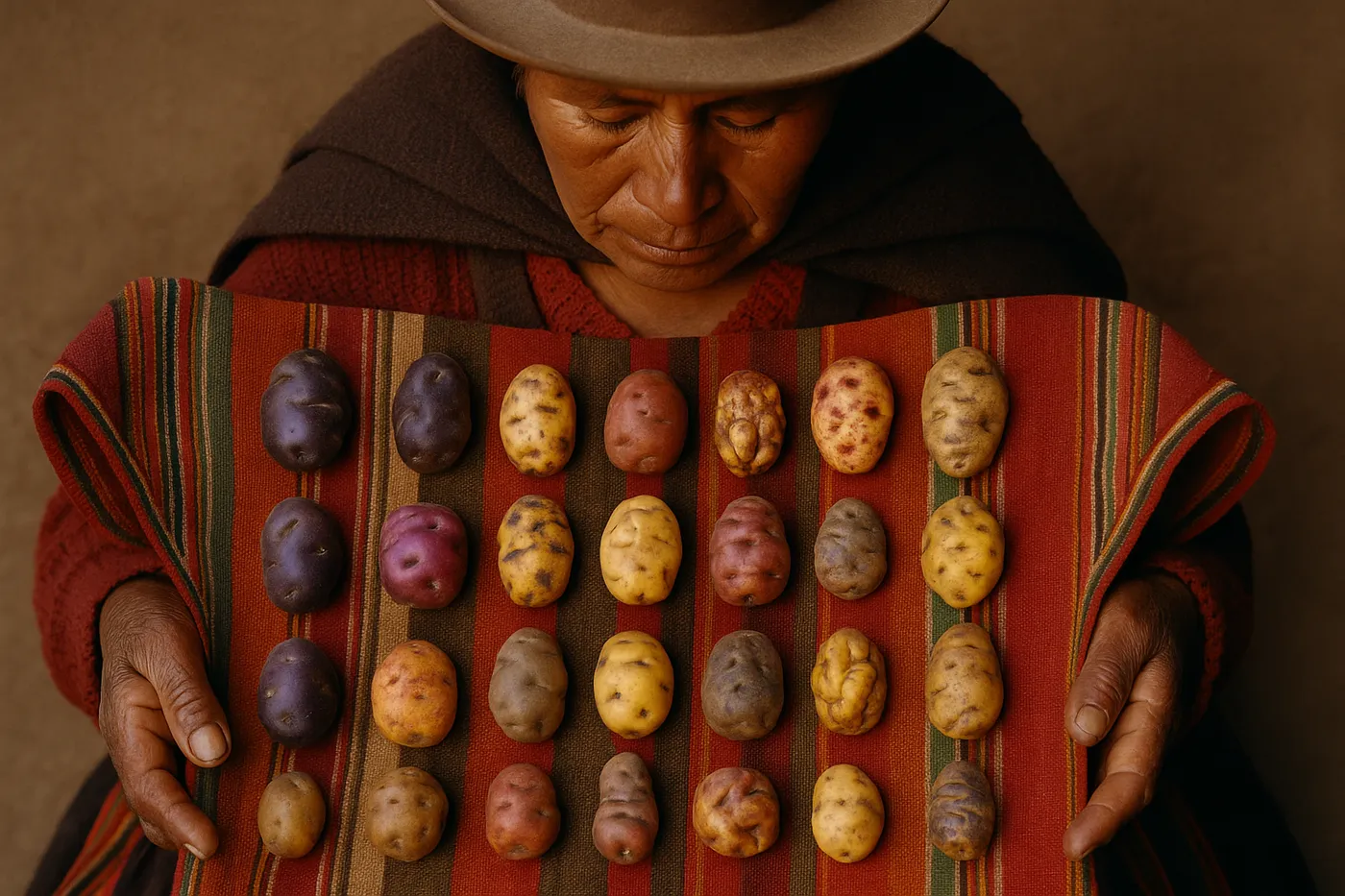
Photo 4: The Seed Keeper
Julia Santos displays ancestral potato varieties that no longer grow in the changed climate of highland Bolivia, January 2024. Each seed represents generations of careful selection and adaptation, genetic libraries now rendered obsolete by rapidly shifting conditions. Santos maintains hope that agricultural scientists might develop new varieties using these genetic foundations, but recognizes her role as keeper of agricultural knowledge that may never again sustain her community.
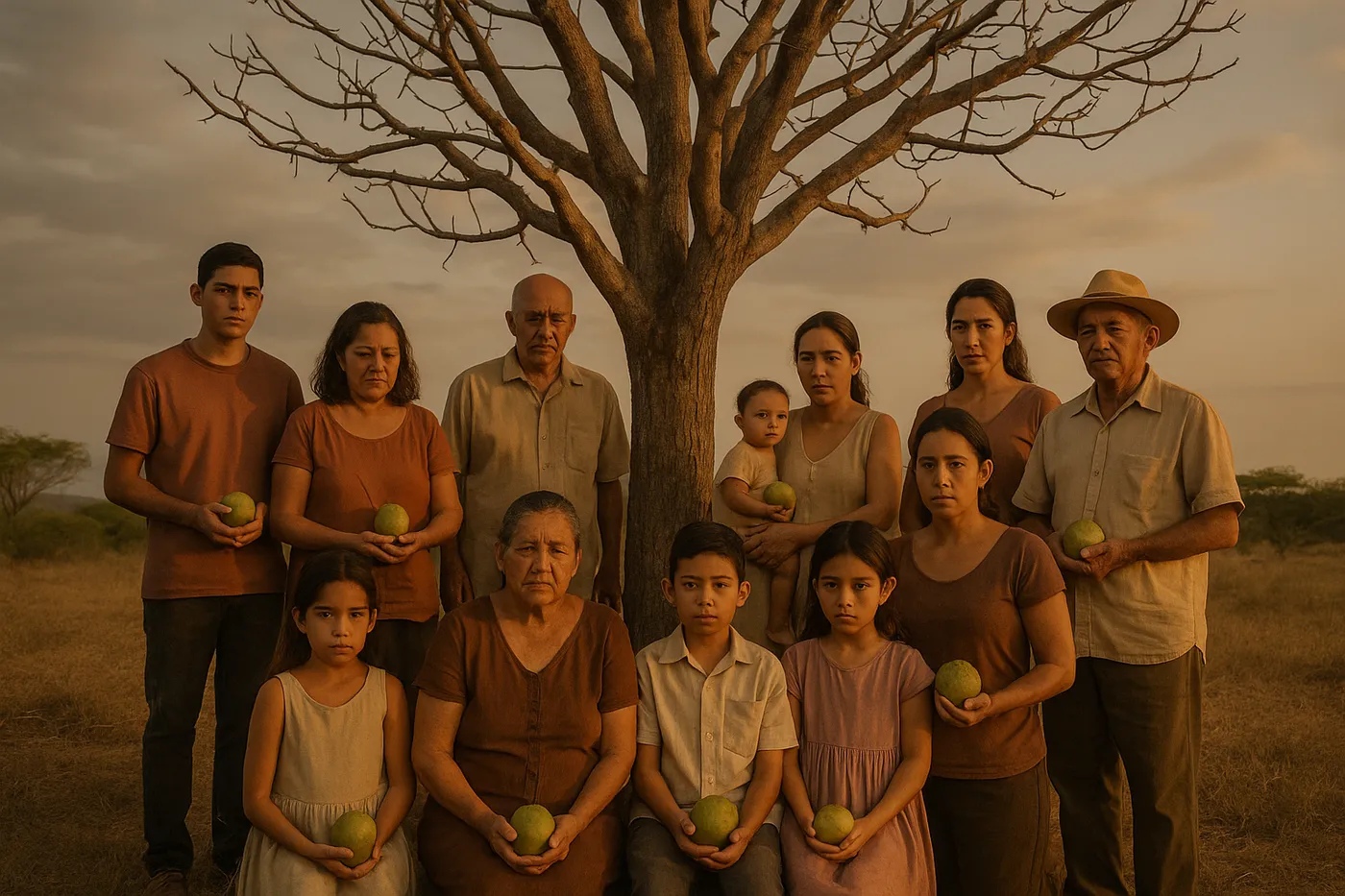
Photo 5: Fruit Tree Funeral
The Vargas family gathers around their dying mango tree in rural Venezuela, April 2024. Planted when the farm was established in 1952, the tree produced thousands of mangos over seven decades before succumbing to extreme weather patterns. Family members distribute the final fruits as inheritance, each piece carrying memories of harvests that sustained multiple generations. The ceremony marks both ending and continuity, honoring the tree's contribution to family survival.
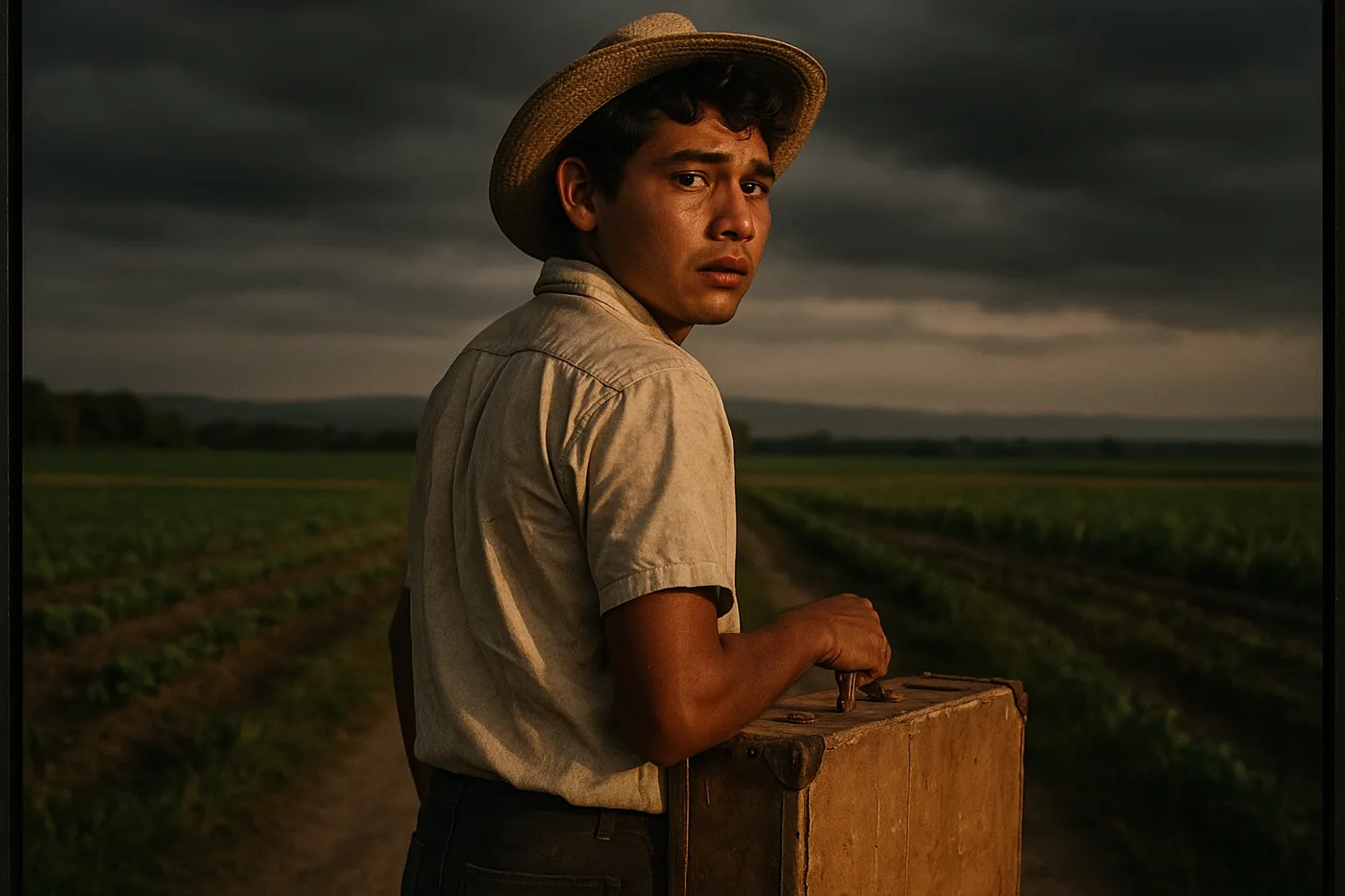
Photo 6: The Young Exile
Eighteen-year-old Miguel Torres prepares to leave for Caracas with his cardboard suitcase, May 2024. The third generation on his family's farm, Torres recognizes the land can no longer support another farmer. His departure continues a pattern of rural youth migration driven by agricultural collapse, taking farming knowledge to cities where it cannot take root. His final look at fields his grandfather cleared represents the end of rural childhoods shaped by seasonal rhythms.
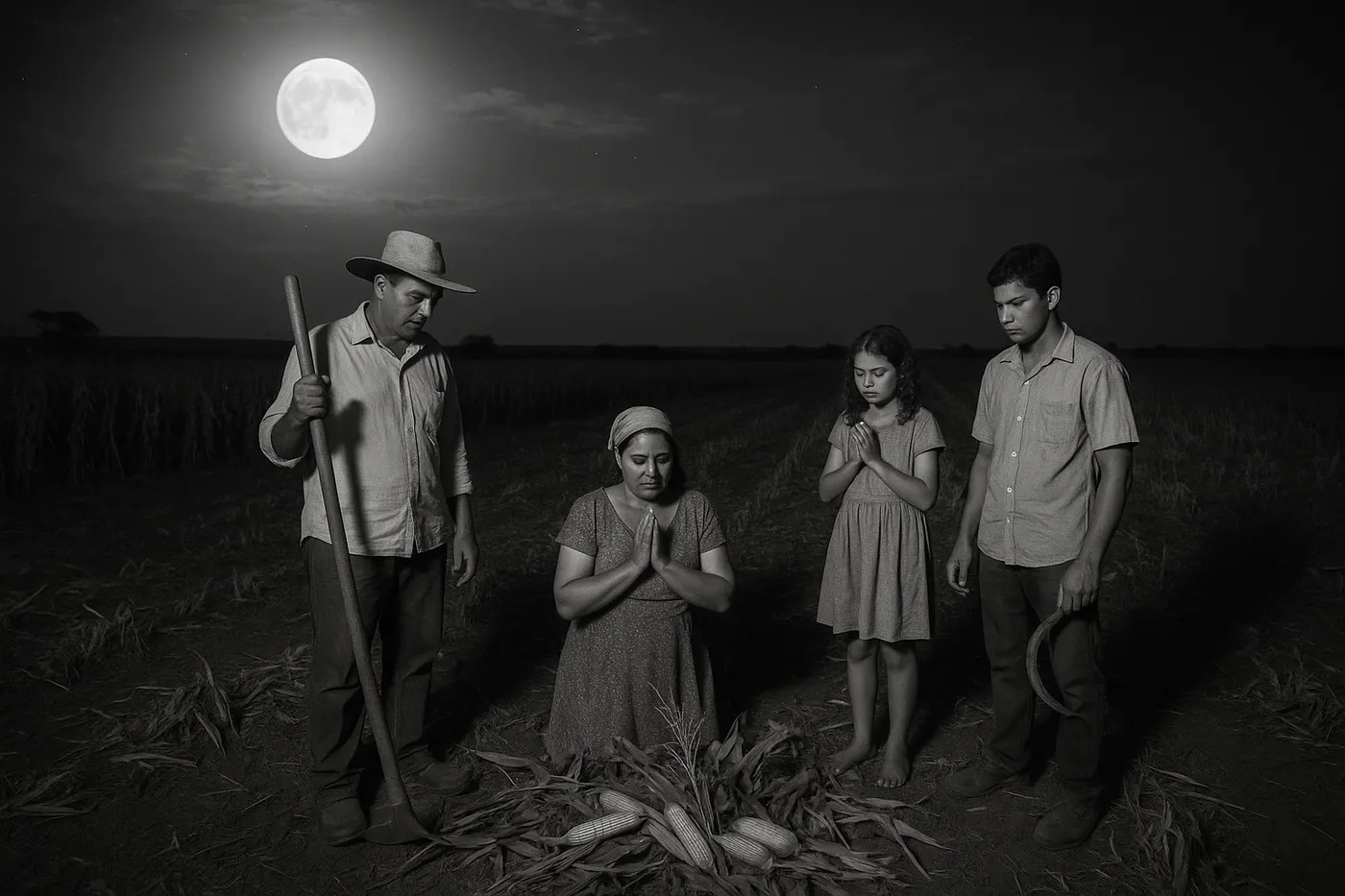
Photo 7: Harvest Moon
Under October's full moon in rural Brazil, 2023, the Silva family conducts their final harvest ceremony. This ancestral practice, performed for generations to honor the land's gifts, now marks ending rather than renewal. As traditional varieties fail and climate patterns become unpredictable, the ceremony preserves cultural memory even as agricultural practice becomes impossible. The moonlight illuminates both the completion of this harvest and the conclusion of an agricultural era.
Photo Series Image Prompts

Photo 1: The Coffee Matriarch
Elderly Brazilian woman, weathered hands holding small handful of coffee beans, standing in drought-cracked coffee plantation, golden hour lighting from behind creating rim light, shot on large format 4x5 film with Sinar view camera and 150mm lens, environmental portrait at eye level, rule of thirds composition with woman right-third and plantation extending left, muted earth tones with warm skin highlights, dignified expression showing loss and resilience, coffee plants visible but withered in background, archival documentary photography quality, award-winning photojournalism, World Press Photo winning photo series

Photo 2: Empty Nets
Indigenous Bolivian fisherman mid-40s displaying traditional fishing nets on shores of Lake Titicaca, nets containing only few small fish, depleted lake reflecting dramatic sky, shot on large format film with 150mm lens, wide environmental portrait showing scale of empty landscape, dramatic side lighting from late afternoon sun, composition emphasizing vastness of depleted waters, desaturated colors except for warm skin tones, expression of quiet dignity amid loss, traditional fishing boat visible in background, professional documentary photography, award-winning photojournalism, World Press Photo winning photo series

Photo 3: Corn Memory
Peruvian highland woman in traditional dress holding stunted corn ears next to framed family photograph from 1987, dramatic contrast between past abundance and present scarcity, shot on 4x5 large format film with 150mm lens, intimate portrait at eye level, soft natural light revealing texture details in hands and corn, warm color grading emphasizing earth tones, composition balancing present and past through photograph placement, expression showing determination and grief, highland landscape visible through window, archival quality documentary photography, award-winning photojournalism, World Press Photo winning photo series

Photo 4: The Seed Keeper
Bolivian highland woman displaying variety of ancestral potato seeds in traditional woven cloth, each seed variety distinct and precious, shot on large format 4x5 film with macro-capable 150mm lens, overhead angle showing seed arrangement like botanical specimen, diffused natural light revealing seed textures and colors, warm earth tone palette with seed colors as focal points, hands positioned to show reverence for genetic heritage, traditional textiles providing cultural context, scientific documentation meeting artistic portraiture, award-winning photojournalism, World Press Photo winning photo series

Photo 5: Fruit Tree Funeral
Extended Venezuelan family gathered around large dying mango tree, family members holding final fruits, ceremony-like atmosphere, shot on large format film with 150mm lens, wide group portrait showing multiple generations, golden hour lighting creating ceremonial mood, composition centered on tree with family arranged in natural gathering, warm color palette emphasizing connection and loss, expressions showing grief and celebration simultaneously, rural landscape extending beyond frame, documentary photography with anthropological sensitivity, award-winning photojournalism, World Press Photo winning photo series

Photo 6: The Young Exile
18-year-old Venezuelan farmer holding worn cardboard suitcase, looking back at family farmland, emotional farewell scene, shot on 4x5 large format film with 150mm lens, three-quarter portrait with landscape background, dramatic side lighting emphasizing youth and determination, composition showing tension between staying and leaving, muted color palette except for warm skin tones, expression mixing hope and sadness, rural fields extending to horizon, documentary photography capturing generational transition, award-winning photojournalism, World Press Photo winning photo series

Photo 7: Harvest Moon
Brazilian farming family conducting nighttime harvest ceremony under full moon, traditional ritual in moonlit field, shot on large format film with extended exposure, wide landscape showing ceremony scale, dramatic moonlight as primary illumination with subtle fill flash on faces, silvery monochromatic palette with warm human elements, composition emphasizing both intimate family gathering and vast agricultural landscape, expressions showing reverence and finality, harvest tools and crops visible in ceremonial arrangement, nocturnal documentary photography, award-winning photojournalism, World Press Photo winning photo series
Photographer Portrait Prompt
Middle-aged Brazilian woman in her mid-40s with olive skin and dark hair pulled back, wearing earth-toned field jacket, holding large format camera, warm intelligent eyes showing both determination and compassion, studio portrait lighting with soft shadows, confident posture reflecting years documenting agricultural communities, subtle signs of outdoor work and travel, background suggesting professional photography studio, equipment visible suggesting serious documentary work, professional portrait photography style



